The new Longitude Prize aims to do what medicine has long struggled with: harness AI and global collaboration to unlock life-saving treatments for one of the most devastating diseases. Roger Highfield, Science Director and Longitude Committee member, reports.

A major ocean current that regulates global temperatures – and gives the UK mild winters – is weakening due to climate change. Science Director Roger Highfield describes a new study which suggests it may avoid collapse this century, thanks to powerful winds that whip around Antarctica.
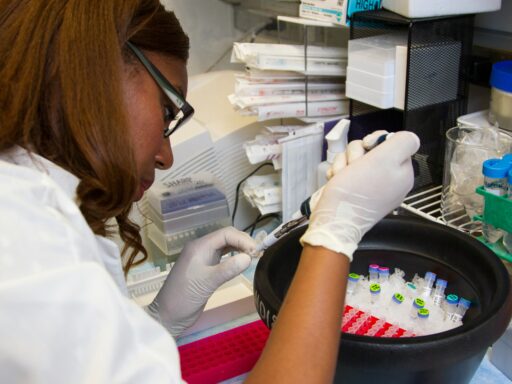
A global survey of attitudes towards science is reassuring, though suggests scientists need to do more to engage with the public, says Science Director, Roger Highfield.
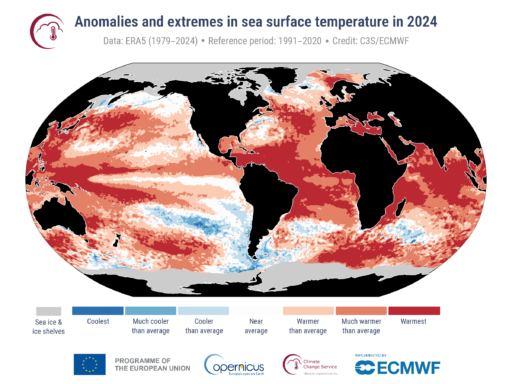
Climate scientists are investigating whether a two-year temperature surge is a blip or means that global warming is accelerating. Roger Highfield, Science Director, reports.

As we celebrate the tenth anniversary of the Science Museum Group Journal, its creator and Editor picks ten articles to celebrate the highlights of the decade.
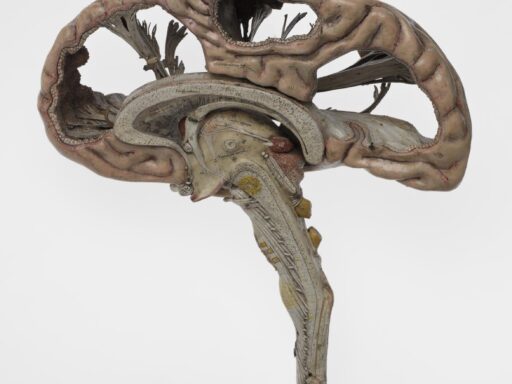
Neuroscientists have harnessed Hollywood to chart the most detailed functional map of the brain to date. Roger Highfield, Science Director, reports.
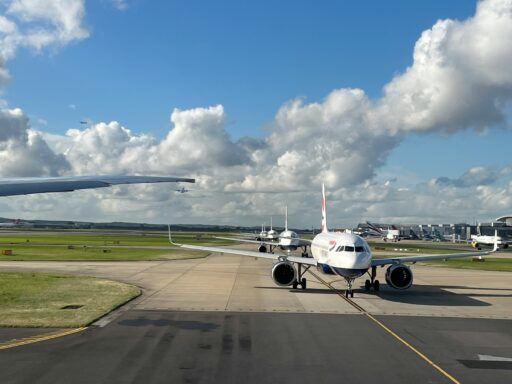
A five-year roadmap to help the aviation sector achieve net-zero climate impact by 2050 is published today by a Cambridge University team. Roger Highfield, Science Director, reports.

Marina Rees, Collections Project Officer, looks through the flotsam and jetsam of the collection to chart how scientists have tried to understand and measure the movements of the ocean.
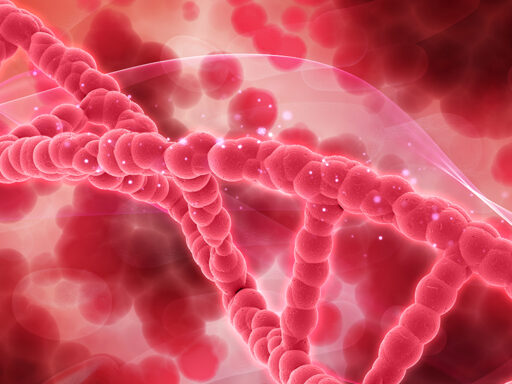
After a landmark regulatory approval, gene editing is now being trialled with children, reports Roger Highfield, Science Director.
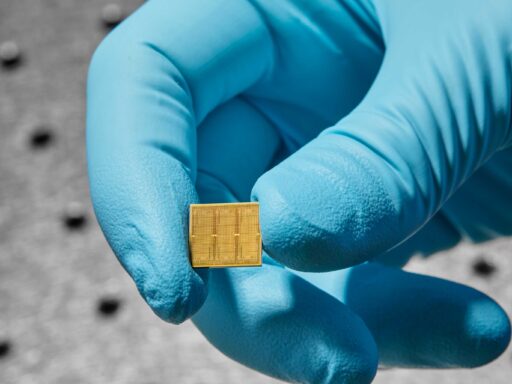
The computer giant IBM has developed an efficient chip that suggests the future of AI could rely on traditional ‘analogue’ computation, reports Science Director Roger Highfield.
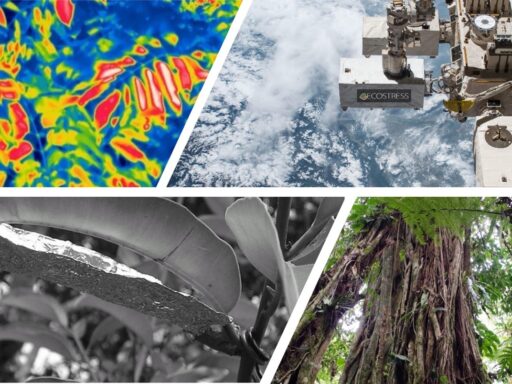
Tropical forest canopies are edging closer to a critical high-temperature threshold of no return. Roger Highfield, Science Director, reports on a study published today.
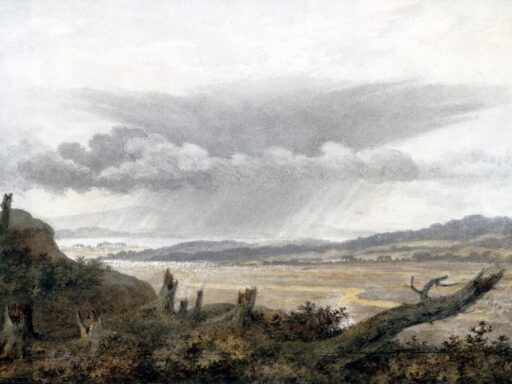
Artificial intelligence has made key advances in forecasting, though it is likely to complement rather than replace existing methods, reports Science Director Roger Highfield.